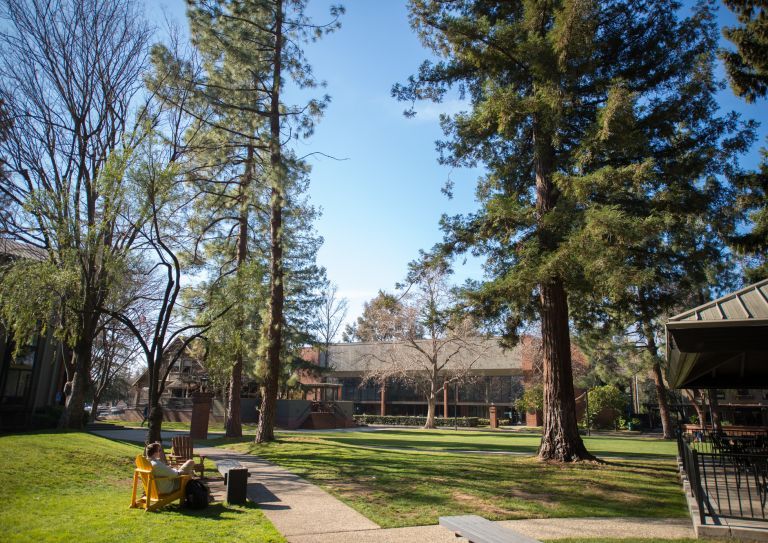At its core, a water resources law practice typically involves work with water rights law. Beyond this base, water resources lawyers provide their clients or organizations advice on a wide range of environmental and government law matters. Water rights lawyers may practice in private firms; may work as general counsel for cities, counties, water districts and companies; advocate for non-profit organizations interested in environmental or natural resources issues; and work as regulatory attorneys, in state and federal agencies and Departments of Justice.
Water rights lawyers are experts in the laws that govern the allocation and use of water. On the law firm or non-profit organization side of the practice, lawyers help clients get water rights, defend water rights, transfer water rights or challenge water rights. On the regulatory side, they determine the validity of rights as well as impose and enforce conditions on their use.
Water rights law practices are common wherever water is scarce. They are typically found throughout the western United States. But as urban areas grow in other parts of the country, and as aging water infrastructures need to be expanded or replaced, issues involving water rights are expected to be much more common across the country. This is especially true in parts of the nation more prone to prolonged drought.
"Water rights" is only a portion of what a water resources lawyer does. Much of water resources law practice is bound up in contemporary environmental law. So, water resources lawyers need to know environmental review law (e.g., NEPA/CEQA) and Endangered Species Acts (as most of western water law is being driven by ESA concerns over fish.) As most projects involve construction around wetlands, they need to know wetlands permitting laws as well (Army Corps Section 404 permits). And increasingly, water quality laws play a key role in the development and use of water.
The law and practice are fascinating, complex, multidisciplinary and historically rich. Maps and pictures and electoral politics are important parts of understanding disputes over water. The disputes are prominent and important. Understanding basic science and engineering, policy development, fish biology, economics, technology-are all keys to being a successful practitioner.
The McGeorge water resources law graduate program is designed with the help of practitioners, for practitioners. It's small and selective; we want to make sure that our graduates have the best opportunity to land the kind of job they want.
Questions?
Contact the Graduate & International Programs Office
Email | 916.739.7353 or 916.739.7019



